These compelling mobile app benefits for businesses may just be enough to get you off the fence and make that investment.
There’s an app for almost everything these days. From managing your money to hailing a cab, tracking your steps, and even learning languages, to name a few. With the majority of our daily activities tied to a dedicated app on your mobile device, we can all live off of these mobile apps.
While there is no denying its benefits for consumers and everyday life, how does this translate to you and your business? Do mobile apps really help your company’s goals and objectives, justifying an investment in mobile app development services?
Let’s take a look at the data.
More revenue from mobile apps
From a business standpoint, we understand that any investment you make should be able to generate returns over time.
In that regard, it appears that you can rely on mobile apps and mobile development as a constantly growing industry. Global mobile app revenues are expected to reach 693 billion US dollars in 2021. Following its recent upward trend, this figure is expected to reach 935 billion dollars by 2023.
With these figures bolstering the case for mobile app benefits for businesses, it’s difficult to argue that you shouldn’t have one. These figures, however, come with an important caveat: they aren’t guaranteed for every business, especially if a mobile app isn’t a requirement for your customers and clients.
So, while many people – including your competitors – are thinking about developing apps for their brands and audiences, it’s still important that you break down the specific benefits of mobile apps for business. Given the cost of developing and maintaining an app, you’ll want to make sure that all of these are relevant to both your business and your customers.
You should be concerned about the business benefits of mobile apps. Again, we want to emphasize that mobile apps will only benefit your business if they benefit your customers first and foremost. Once you’ve determined that a mobile app will provide a relevant and meaningful experience of your brand to them, you’ll find that growth for your business will be easy.
Mobile apps, in particular, can benefit your brand in the following ways.
1. Boost brand awareness
Your app is your personal space. Consider it a billboard, except it’s on your customers’ smartphones. They see your brand every time they open their phones. They learn more about you every time they open your app. Being visible to customers at all times provides an opportunity to boost brand recognition.
You can increase market awareness of your brand by using consistent logos, color schemes, typography, images, and tone of voice in your app. Having said that, take advantage of these brand-building advantages of mobile apps to generate loyal customers.
Spotify is a prime example of a company with a strong brand identity in their app. Its design elements are distinct, from the logo and fonts to the graphics and even the copy and voice of the advertisements. Similarly, in order to increase brand recognition, these elements must be clearly visible in your app.
2. Make direct contact with customers
A mobile app is more convenient for communicating with customers than websites and social media pages. Your team can easily track and address requests and concerns because they are required to log in with their contact information. Indeed, some apps would include live chat features, allowing businesses to communicate with customers in real time.
Previously, gathering feedback was time-consuming because you had to create and distribute surveys across multiple platforms. Now, your app can naturally prompt those insights from customers. Finally, this immediate connection with customers increases trust, which leads to loyalty and repeat business. In this case, you get layers upon layers of mobile app advantages for your company.
3. Enhance customer satisfaction
Some of today’s most popular apps grew in popularity as a result of their ability to streamline traditional purchasing experiences. Ecommerce platforms, for example, allow us to avoid long lines in stores. Fintech apps have made bank transactions less intimidating and far more convenient. You can improve customer experience with a strategically designed app, which contributes to customer loyalty.
L’Oreal is one of the best examples of a brand that used their app to improve the purchasing experience. In 2014, the beauty brand launched Makeup Genius, a platform that allowed users to virtually try on make-up using augmented reality technology. It was accessible to users of both Apple and Android devices.
Aside from assisting people in making product selections, users enjoyed exploring the platform, resulting in millions of app downloads. To say the least, it was a one-of-a-kind experience. Similarly, create better customer experiences within your branded platform, and you will undoubtedly reap the benefits of mobile apps for your business.
4. Increase sales
The benefits of instant communication apps go beyond brand building and customer communication. Again, because this is your space, you can post promotional messages, such as user-exclusive discounts. In addition to being able to send this information out freely and frequently, you will be able to direct customers to the transaction directly within the app. People are more likely to purchase goods or services if the transition from awareness to decision stage is uninterrupted.
This is primarily how mobile apps benefit retail businesses. Push notifications are commonly used in shopping apps to increase the visibility of various types of offers, such as discounts, price drops, coupons, and promo codes.
In the event of a business transaction interruption, whether on the part of the customer, such as an abandoned cart, or on your part, such as stocks running low, your app can send out reminders later: “Oops! For the former, “You forgot something in your cart!” and for the latter, “The item you love is back in stock!” These notifications are effective at guiding people through the purchasing process.
5. Increase brand loyalty
You will not only be able to encourage purchase transactions through the use of apps. A loyalty program can also encourage repeat purchases. Customers who are rewarded for their interactions with the platform are more likely to return.
Starbucks has done an excellent job with this strategy. Starbucks Rewards is a program that can be downloaded on both iOS and Android devices. Essentially, the app earns Stars for every beverage, food, or item purchased from the store. Customers receive a free beverage or food item when the stars reach a certain number, encouraging frequent visits to the store. Positive customer behavior is driven by the desire to earn points or achieve a certain level of achievement. It contributes to the popularity of mobile apps.
If you intend to implement a digitized loyalty program, such as Starbucks Rewards, make the mechanics simple to understand. The key elements should be clear: the rules, the rewards, and, of course, the platform that customers will use. Include social media buttons so that users can share their experiences and encourage more people to join.
6. Gain access to useful customer information
While you can learn a lot from your direct interactions with customers, you can also learn a lot from their behavior on your app. You can obtain vital information such as monthly users, demographics, and downloads and uninstalls for a specific time period by using analytics tools.
Session recordings and touch heatmaps demonstrate how users interact with your app, which can be used to inform future marketing strategies and app improvements. If a redesign is required, return to writing user stories to ensure the best possible user experience.
7. Encourage personalization
Another advantage of a mobile app is the ability to personalize your customer’s experience. Netflix is the best example of an app that takes advantage of this. The subscription-based streaming platform makes recommendations based on the users’ preferences, which leads to endless binge-watching.
There are numerous ways to customize your branded application, but the most important is to collect user data. Your personalized services will be determined by who your customers are, what they want and need, and their preferences, among other factors. In general, the following are some of the most important pieces of information you should obtain:
- Gender
- Age
- Job or occupation
- Location
- Interests
- The peak times they’re using the app
- The devices they’re using
- Preferences
- Purchase history
8. Get a step ahead of the competition.
Keeping a competitive edge in the ever-changing world of digital marketing is difficult. However, with the advantages of a mobile app mentioned above, you can undoubtedly stay ahead of the competition. And, while apps are popular among brands, they haven’t yet reached mainstream status, allowing you to stand out and claim that space.
McDonald’s capitalized on this competitive advantage when it launched its mobile application in 2013, at a time when branded platforms were not yet popular. Within the first three months of its launch, the fast food brand received over 7 million downloads, effectively prompting store visits and purchases.
Examine your industry to see which of your competitors already has a mobile app. Examine theirs, paying special attention to what they can improve on. Fill the void with your own app from there.
9. Cut marketing and advertising costs.
When properly utilized, your app can be a highly effective marketing and advertising channel. It tells people about your brand, what you have to offer, and how to get special deals and discounts, among other things. You’re always visible because the app is on your customers’ phones. You can save a lot of money by reducing your efforts on other platforms like SMS, social media, or out-of-home media like billboards. Finally, the savings contribute to increased revenue.
It goes without saying that your app should be well-planned and well-executed. Otherwise, it will just sit in the app store collecting dust. It must meet the following requirements in order to be downloaded:
- Address the target customer’s problem
- Offer easy navigation and impressive design
- Load fast and protect users’ information
- Be compatible with iOS and Android
Important takeaways
Should you spend money on an app? It’s worth the investment if you want to improve your marketing, sales, and analytics. Here’s a rundown of the advantages of mobile apps for businesses:
- Your mobile app puts your brand closer to your audience. It’s easily accessible, constantly visible, making for a good marketing platform. Given this, it’s important to reflect your brand identity in all aspects of the app, from the user experience to the loyalty programs.
- Your mobile app can push people towards purchases. With alerts on special promos and the very design of your mobile app, making buying more convenient, you can encourage purchases within the tool. More than a marketing platform, it can be an effective sales channel if you focus on effective push notifications and calls-to-action.
- Your mobile app provides valuable customer insights. You can get these from your direct communications with them, as well as their online behavior. This, in turn, can be used for improving the app further, in personalizing services and maintaining a competitive advantage.
Are you prepared to create your own app? Tell us about your plans so we can make some suggestions. Contact us today!



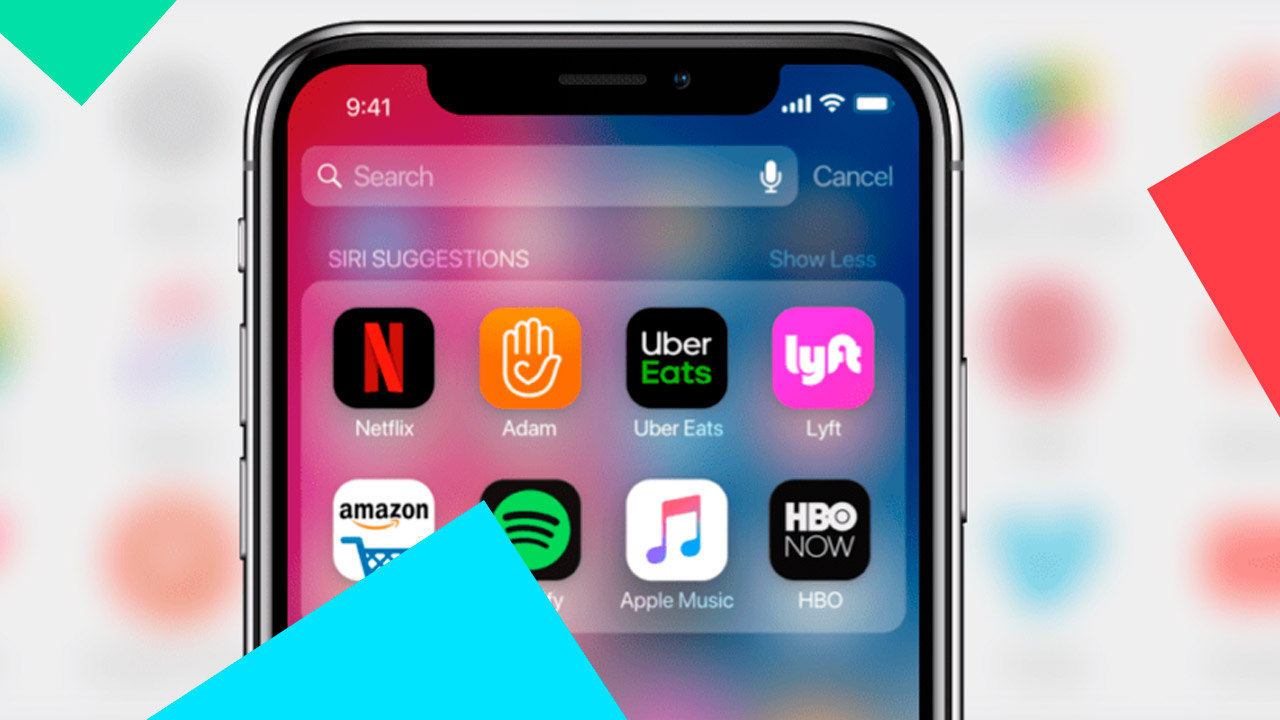
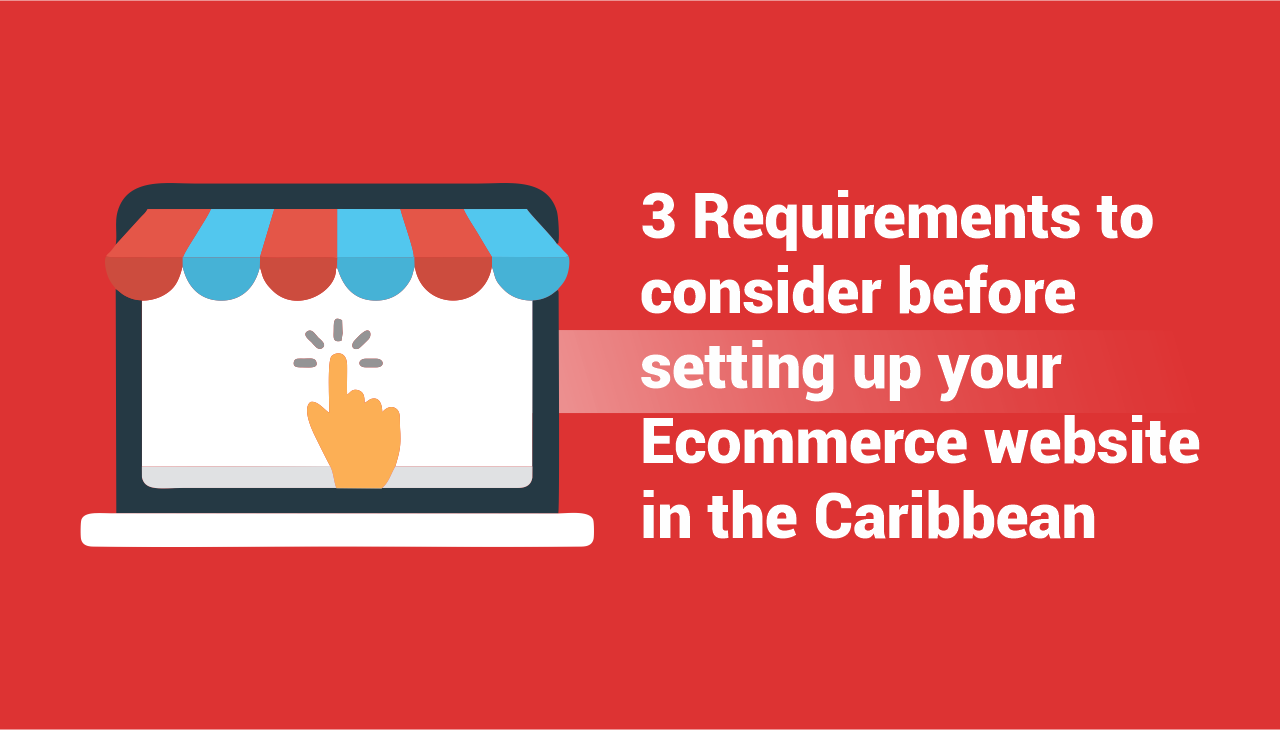
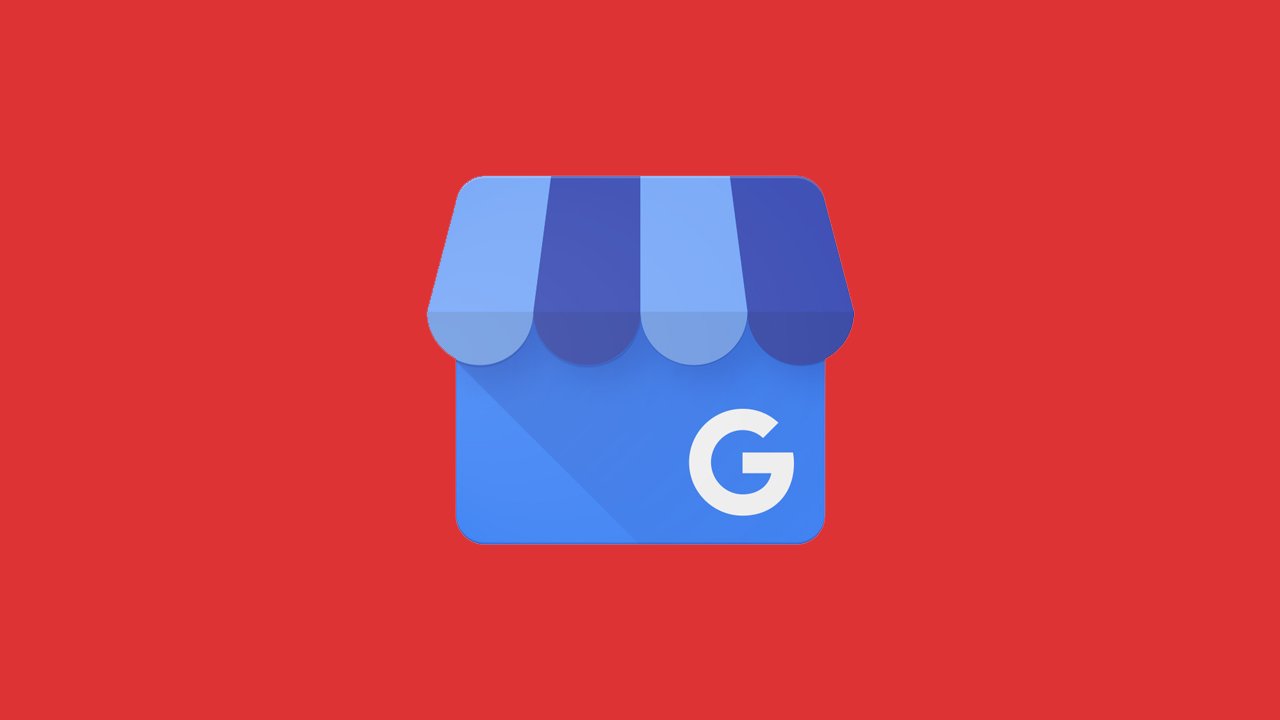

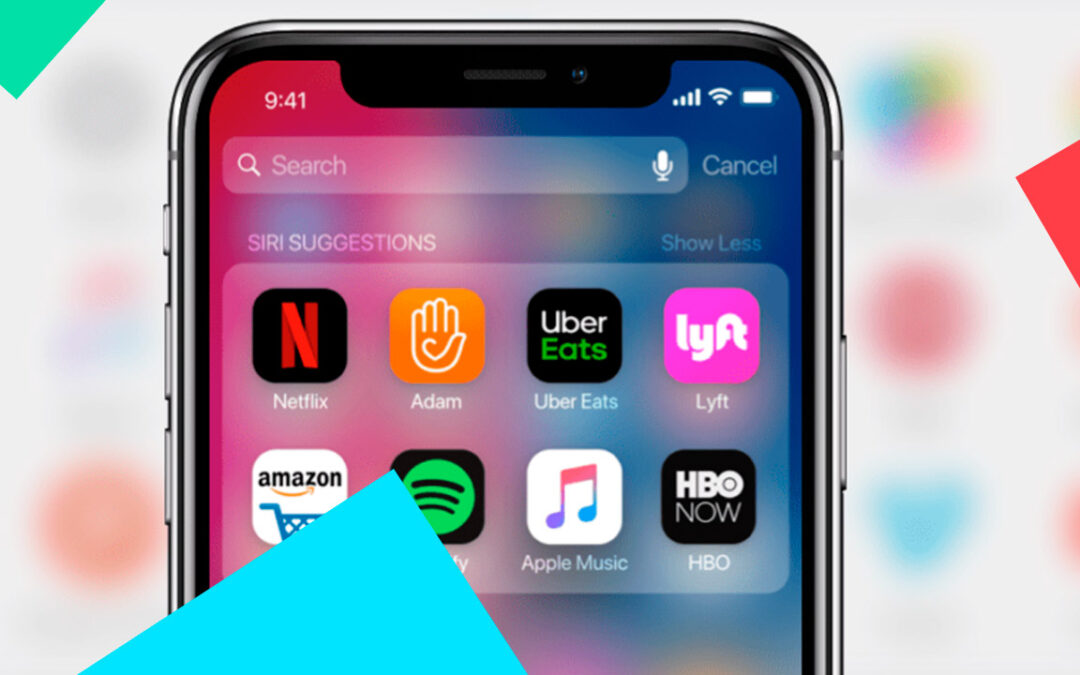
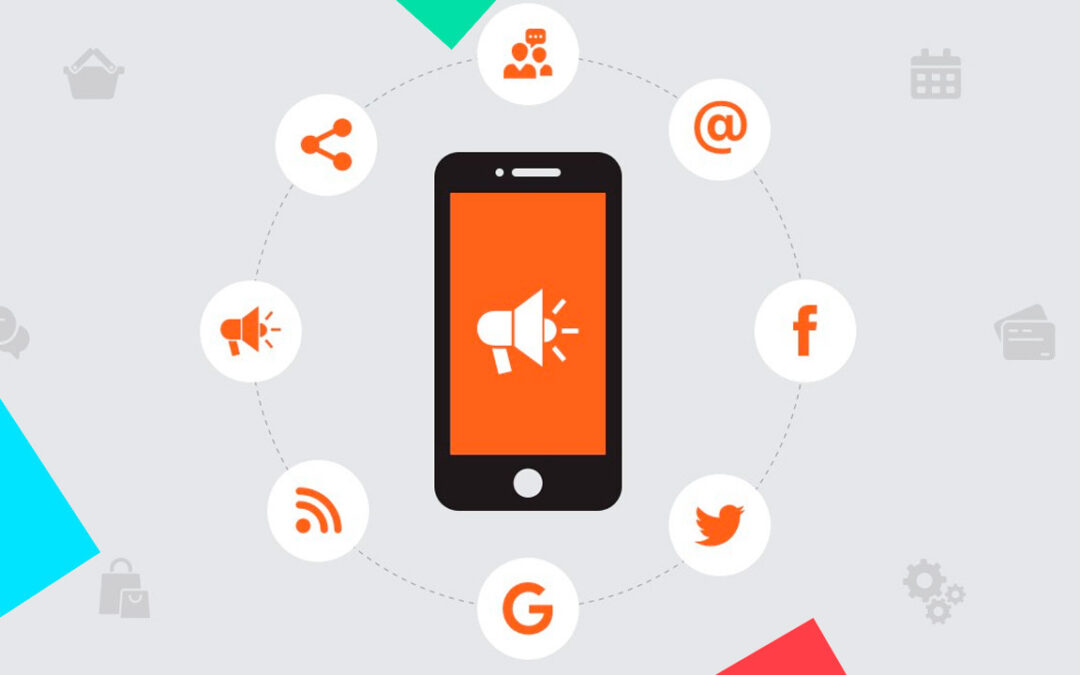

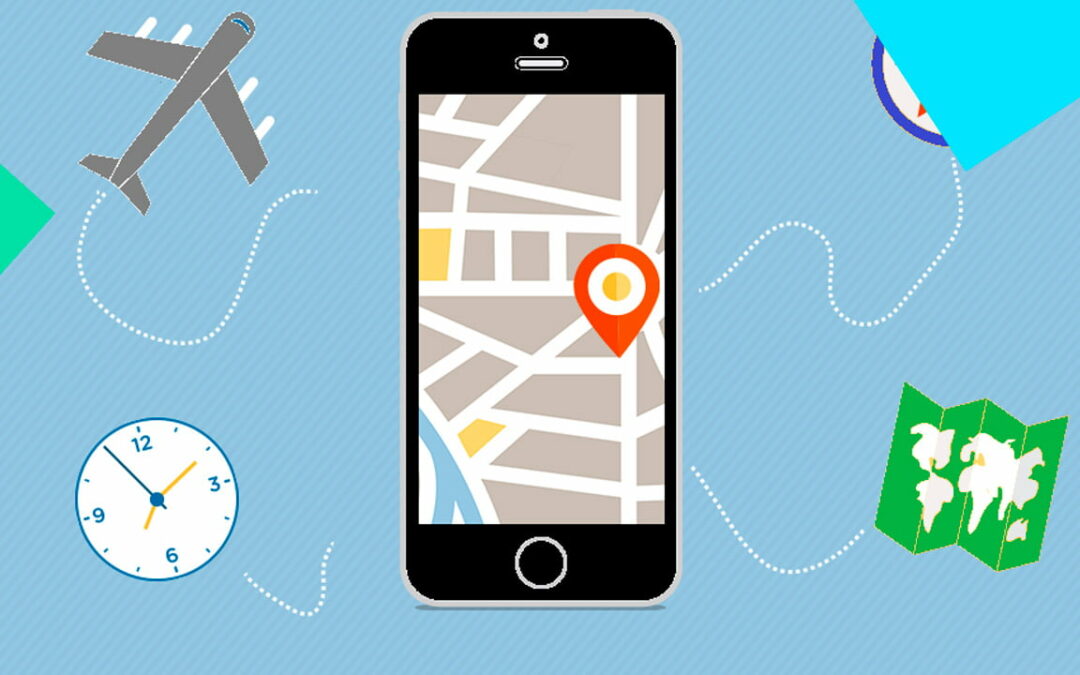

0 Comments